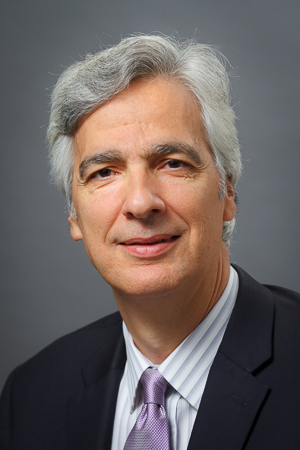Faculty Profile
Marc Mastrangelo
Professor of Classical Studies (1997)Contact Information
Kaufman Hall
717-245-1387
Bio
Prof. Mastrangelo's publications have focused on Early Christian Latin poetry, Greek tragedy, and Greco-Roman intellectual history. He is a co-editor of The Unknown Socrates (Bolchazy-Carducci, 2002) and the author of two books: The Roman Self in Late Antiquity (Johns Hopkins, 2008) and Prudentius' Psychomachia: Introduction, Translation, and Notes (Routledge, 2022). Other publications include: "Towards a Poetics of Late Latin Reuse," in Tradition and Innovation in the Latin Poetry of Late Antiquity (WinterVerlag, 2016); "The Early Christian Response to Platonist Poetics: Boethius, Prudentius, and the Poeta Theologus," in The Poetics of Late Latin Literature (Oxford, 2017); "Nostalgia, Memory, and Emotion In Augustine's Confessions," in Memory and Emotions in Antiquity (de Gruyter, 2024). Prof. Mastrangelo teaches courses at all levels of Classical language and civilization. He is co-founder of Dickinson Classics Online, which publishes resources for Chinese students and scholars of the ancient Greek and Latin classics, and the Humanities Collective at Dickinson. He was Visiting Professor in Anglophone Studies at the Université Jean Jaurès, Toulouse in 2014-15 and is an Honorary Fellow at the Guangqi Center for International Scholars at Shanghai Normal University.
Education
- B.A., Amherst College, 1985
- M.A., Wadham College, Oxford University, 1988
- M.A., Brown University, 1995
- Ph.D., 1996
